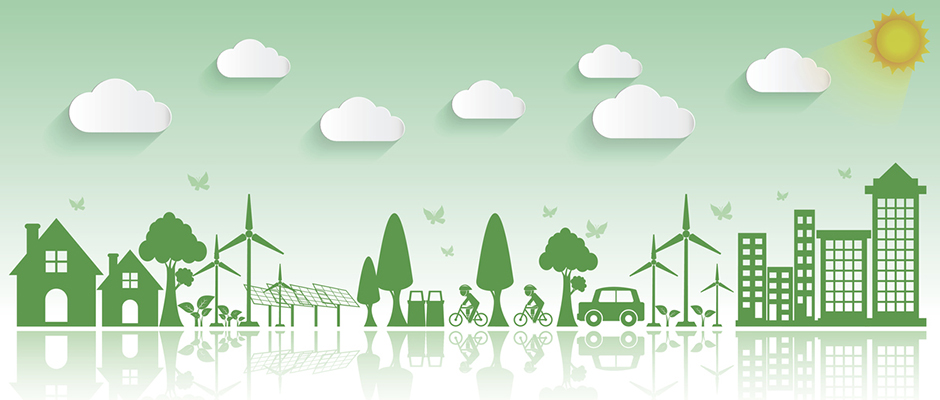Fair and Inclusive Environmental/Social Transition Alternatives: Learning from the ‘Living Well’ and ‘Green Economy’ pathways to sustainability

While there is some agreement on the need to move towards a fairer and more sustainable society, how to best achieve this is still the source of some debate. In particular, there are tensions between more market-based/technological and more redistributive/social approaches, as exemplified in the distinctive ‘Green Economy’ and ‘Living Well’ strategies to achieving this change.
Fair and inclusive environmental/social transition alternatives: Learning from the ‘Living Well’ and ‘Green Economy’ pathways to sustainability therefore compares these approaches through examining their implementation in Bolivia (promoting Living Well) and South Korea (pursuing Green Economy). Through the lens of the recently agreed Sustainable Development Goals (SDGs) and additional Environmental Justice Indicator (EJI) criteria, the project will examine the comparative effectiveness of each approach for transitioning to more socially and environmentally healthier societies. In addition to in-depth secondary data analysis, it will involve innovative participatory research with a range of local stakeholders.
The findings will provide decision makers and communities with a ground-breaking evidence base to guide policies that support better social and environmental outcomes.
Karen Bell (Principal Investigator, Senior Research Associate)
Anabella Rosemberg (Policy Advisor, International Trade Union Confederation )
Pascal van Griethuysen (Coordinator, United Nations Research Institute for Social Development)
Richard Pancost (Director, Cabot Institute)
Benecio Quispe Gutiérrez (Executive Director, National Authority of Mother Earth APMT)
Huck-ju Kwon (Professor, Seoul National University and Deputy Director, Asia Development Institute)
In-depth comparative research between two international leaders in ‘Green Economy’ (South Korea) and ‘Living Well’ (Bolivia) paradigms, including innovative participatory research with stakeholders.
Engagement of target audiences through knowledge exchange visits, presentations and a specifically organised international conference.
Production of a range of outputs to disseminate findings, including policy briefings, press releases, short videos and a tri-lingual interactive website.
Finding a Path to Social, Ecological and Economic Sustainability
28 September 2017